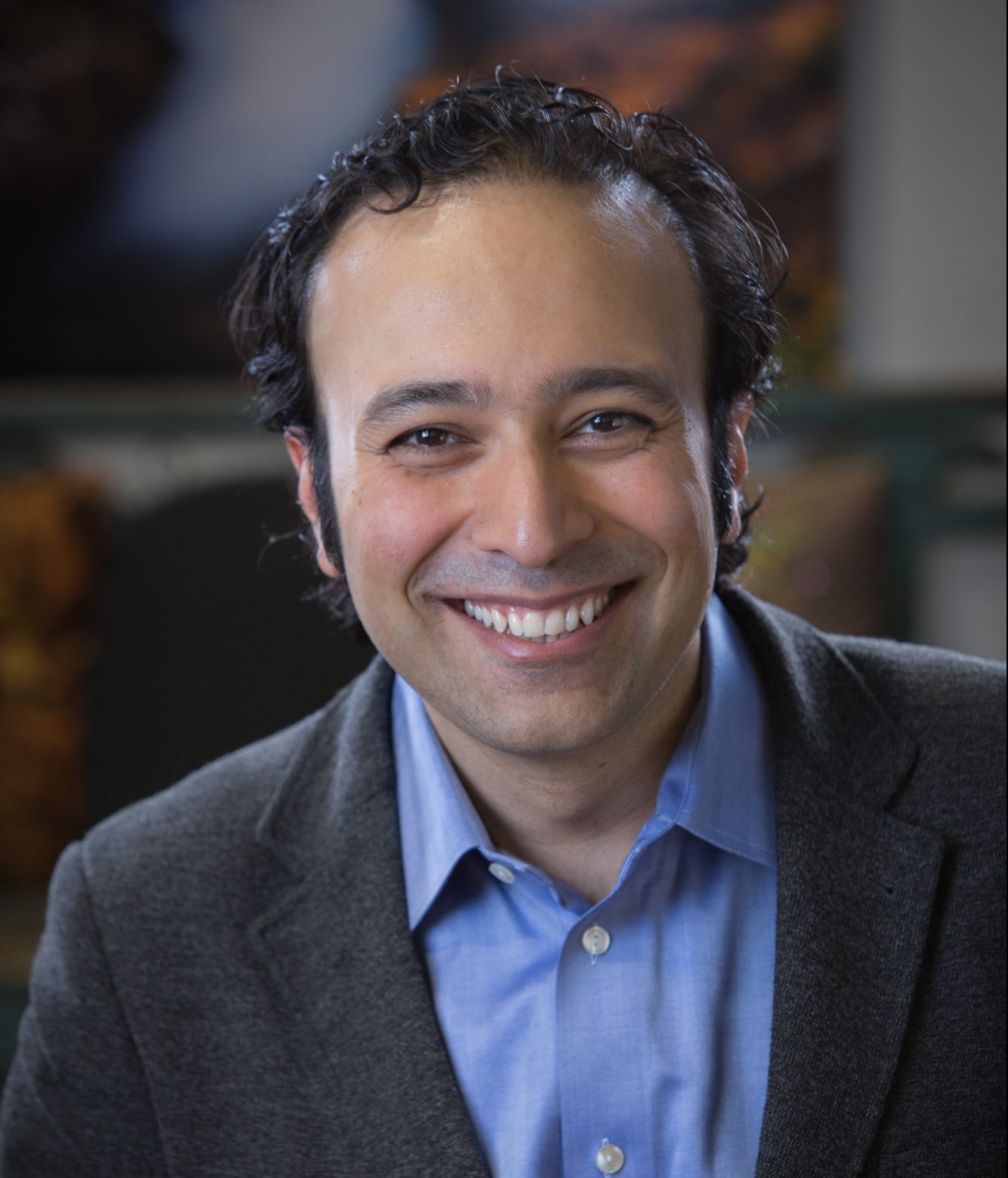Growing up, my family was rocked by some serious health scares. A close cousin was diagnosed with cancer at a very young age. And my father, always healthy with no discernible risk factors, suffered a heart attack.
These unfortunate events inspired my siblings to pursue medical careers and set me on a path to study genetics and biotechnology. The inexplicable presence of disease in my family instilled in me a deep desire to understand the hidden connections between human health and the environment we live in. Most importantly, the connection between our health and the food we eat.
We’re living through a time when decoding this link has never been more important. As the pandemic continues to wreak havoc on our lives, those with conditions like type 2 diabetes, obesity, high blood pressure and heart disease face an increased risk of severe complications and death from COVID-19. The common thread in all these illnesses is that they are connected to poor diets.
As much as we need to focus on treatments, therapies and vaccines to protect public health in the face of diseases like COVID-19 — and we absolutely do — there is also a public health imperative to boost baseline collective health. We can do this through better access to healthy food — and technology can help us get there.
Redefining “health”
From travel to education to work, COVID-19 has us rethinking, and rebuilding, nearly every system that forms the backbone of our lives. Our health systems should be no exception.
Up to now, health care resources have been devoted to treating diseases and helping people recover from illness. To be clear, our systems in North America are very good at achieving that goal, but “health” doesn’t just mean the ability to recover from illness and live past disease. It means not getting sick in the first place.
Preventing illness by bolstering baseline health has traditionally taken a backseat to treating acute conditions, in no small part because determining the cause of disease is a complex, somewhat mysterious, process mired in controversy. For decades, the lack of empirical evidence around factors that improve or compromise health — from nutrients to supplements to environmental toxins — have fueled bitter ideological clashes. “Natural health” advocates are dismissed as quacks by some, while the association with “big pharma” instills suspicion around conventional medicine for others. Human health is held hostage in the crosshairs.
The good news is we now have the tools to start uncovering objective truths within our biological systems that give credence to both sides of the coin. This starts by drawing the link between food, medicine and agriculture — entities that have for too long been treated as entirely unrelated.
Everything is connected — and we have the tech to prove it
We now know these realms are intimately connected and advanced technologies, like machine learning and AI, are helping us to see exactly how. Whereas it took centuries to discover the connection between vitamin deficiencies and conditions like scurvy and osteoporosis, we are now able to unlock new connections between nutrients and health at an incredible pace.
This is happening most effectively in the startup realm, where companies like Vancouver-based Qu Biologics are using naturally occurring bacteria to trigger the body’s own immune system to fight illnesses such as cancer, Crohn’s disease and irritable bowel syndrome. Meanwhile, California-based Brightseed is using advanced instrumentation, robotics and AI to catalogue the millions of natural compounds present in edible plants that have the potential to improve baseline functions like immunity, metabolism, cognition and digestion. Thanks to sophisticated computational capacity, a process that would have taken over 50,000 years is now on track to be completed in five.
My own company is improving the health properties of food where it starts: in farmer’s fields. Our Plant Intelligence Engine uses technology that reveals the connection between crop inputs and environmental conditions on plant outputs and response to help us learn how to enhance overall plant health. The end result is naturally boosting resistance to pests and disease while increasing yields and drastically reducing the use of synthetic chemicals that have been correlated with negative impacts on humans and ecosystems.
This approach to technological innovation stands in stark contrast to the recent past, when technology was used to manipulate our environment and control nature. Now, we are using technology to finally help us understand the intricacies of natural systems that are far more complex — and effective — in bolstering human health than anything the human imagination could dream up.
Building a new paradigm
Harnessing the true potential of this technology, however, requires rethinking our current systems that carve health, food and agriculture into silos. It also requires funding for innovations that can reveal these connections on a consistent basis, not just in the face of imminent threat.
We’re still early in our discovery process, but already the ability to reveal patterns and correlations in nature have shown significant — and immediate — implications for human health. For instance, my company is leading a multi-stakeholder project to model potential mutations of the virus that causes COVID-19, so we can understand and develop treatments for future variants of this virus and hopefully not have to go through this all again. The same technologies that have helped us gain a greater understanding of plant health are now helping us predict the path of the virus to better prepare for the future.
Just as investment in treatments and vaccines are vital to helping us overcome public health threats from pathogens and pandemics, investment in innovation and research can help us lessen their impact by bolstering health across the board. Importantly, the solutions and innovations we discover also need to be accessible and affordable to be effective.
This means investing in, and rethinking, the way we grow food so farmers can work with nature, not against it, to reduce crop loss, improve yields and lower the cost of healthy, fresh food. It also means bridging the gap between natural health proponents, beliefs and rigorous science to produce evidence-based approaches to using food as functional medicine. Most importantly, it means bringing agriculture, food and medicine under one umbrella, politically and perceptually, to finally view them as they are: one vital, yet complex, system that influences our health.
If we can do this, we can unlock the potential for better outcomes for all of us in the years ahead. The good news is we have the tools to do it.
Karn Manhas (@karnmanhas) is the CEO & founder of Vancouver-based Terramera, a global agtech leader fusing science, nature and artificial intelligence to transform how food is grown and the economics of agriculture.


